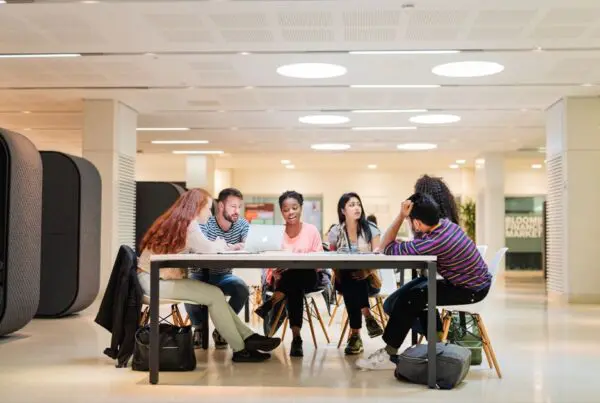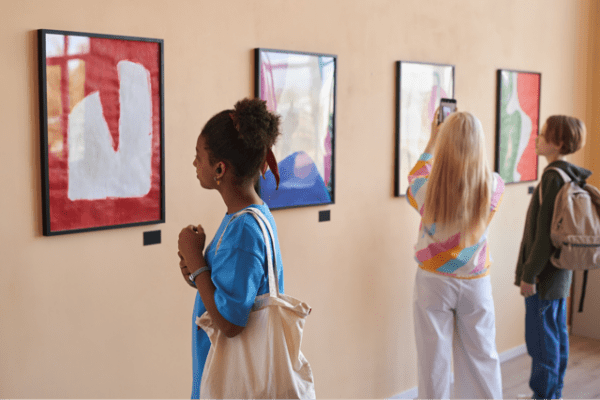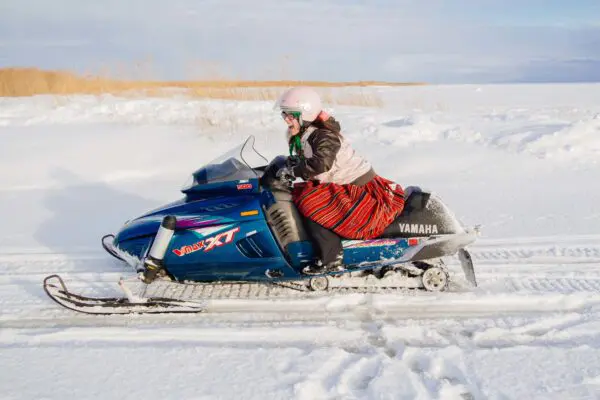
London, United Kingdom
A Sexual History of London
When:
13 July - 25 July 2026
Credits:
10 EC
Read more
Cultural Studies
When:
03 September - 07 September 2019
School:
University of Bern Winter and Summer Schools
Institution:
University of Bern
City:
Country:
Language:
English
Credits:
6 EC
Fee:
400 CHF

Due to the impact of globalization and technological development, we are witnessing a growth and diversification of the sites of knowledge generation and the ways in which a variety of actors articulate and circulate knowledge, especially via new media. As a result, the privileged position of ‘scientific’ knowledge is contested, making knowledge the symbolic and material capital not only of academic ‘experts’ but also of (Western and non-Western) ‘citizen scientists’, activists and artists at the margins of Academia, as well as of journalists, bloggers, or politicians. ‘Knowledge’ has become (or has always been) a matter of public debate, always infected by power modalities.
Moreover, in the course of various ‘turns’ at least since the 1990s, it has been stated that books and archives, textuality and textual literacy have never been the only reservoirs and technologies of knowledge. As hybrid forms of text, image, material things, or even sound have always been the rule, scholars from cultural studies, media studies and linguistics have pointed out for some time already the growing need for a sensory literacy. Yet, in light of more recent participatory information technologies and, especially, a growing distrust of the Humanities expressed mainly by political stakeholders, we need another analytical reset in order to foster engaged inter-and transdisciplinary debate and research for a development of what Mikhael Epstein calls “avenues of conceptual creativity” in academic institutions. This does not mean merely boarding the high-speed train of neoliberal technophilia, but instead to carefully trace present and past medial and pluri-medial dynamics, relations between creation, mediation, translation, perception and performance, image, material, sound and text with its expert and non-expert actors.
The Summer School of 2019 analyzes and discusses present and past angles and sites of knowledge generation especially in regard to medial and pluri-medial configurations and transformations from a historical, sociological, cultural and philosophical perspective. It reflects in particular on the challenges thereof for the Humanities and the Cultural and Social Sciences regarding their role in a (post-post)modern knowledge society. How do we reclaim expertise of, and for, the Humanities –an expertise which is crucial to society, but which seems to have been in question for quite some time already? And how can we manage conversation and translation–inside and outside academia –in light of an increasing pressure to make our research visible, tangible and understandable for non-experts as well? How, for example, do we analyze the (co-)production of representations through audio-visual counter-narratives, in particular in a context of cross-cultural or post-migration settings?
________
TransHumanitiesis a platform for dialogue between the disciplines of the Humanities, between the Humanities and other scientific cultures, between science and art, theory and practice, academia and society; and between individual and participatory, analytical and committed research.
TransHumanities serves to establish and cultivate discourses, initiatives and ideas that transcend institutional, socio-cultural, regional, linguistic and disciplinary barriers.
____________
Format
Each morning session begins with a lecture given by one of our threekeynote speakers, followed by responses and plenary discussions. These sessions prepare the ground for the parallel workshops in the afternoon,which focus on key concepts/problemsand core texts that are particularly relevant for the research projects of the participants. Posters visualize the participants’ projects and foster informal exchange throughout the week.
Invited keynote speakers and possible foci of their lectures: Doris Bachmann-Medick(Permanent Senior Research Fellow International Graduate Centre for the Study of Culture, GCSC, Justus-Liebig-Universität Gießen)Translation studies, cultural theory, i
The Summer School offers doctoral and postdoctoral scholars a unique opportunity to contribute to a broader discussion with their own research and ideas. We encourage applications from researchers from the humanities and the social sciences with a strong interest in theoretical debates in an interdisciplinary setting.
How to apply?
Please provide us with the following application material:
•a letter of motivation, indicating how you expect to benefit from participating in this Summer School and how you can contribute, in turn, to the discussions (mentioning your specific interest in the topic)
•a CV of max. two pages
•an abstract (500 words) of your current research project with some keywords
•one referee we might contact
Please apply electronically (single PDF) to Vera Jordi who is happy to answer questions regarding the application: vera.jordi@germ.unibe.ch. For all further questions please contact michael.toggweiler@wbkolleg.unibe.ch.
Fee
400 CHF, (travel and accommodation [double room] covered by organizer. Limited availability of single rooms on request and with extra charge). Members of the GSH, GSA and the Bernese Facultyof Humanities and our partner institutions and supporters (f.e. GCSC Justus-Liebig-Universität Giessen, FDI Université de Lausanne) are free of charge (except for single room charge). You will receive an e-reader with preparatory material and have the opportunity to present your research on the Summer School homepage and blog (http://blog.wbkolleg.unibe.ch). Most importantly, you are offered an intellectually stimulating, lively and friendly atmosphere conducive to fruitful exchange with both senior scholars and peers.
When:
03 September - 07 September 2019
School:
University of Bern Winter and Summer Schools
Institution:
University of Bern
Language:
English
Credits:
6 EC

London, United Kingdom
When:
13 July - 25 July 2026
Credits:
10 EC
Read more

Oslo, Norway
When:
29 June - 24 July 2026
Credits:
10 EC
Read more

Tallinn, Estonia
When:
12 January - 30 January 2026
Credits:
1 EC
Read more